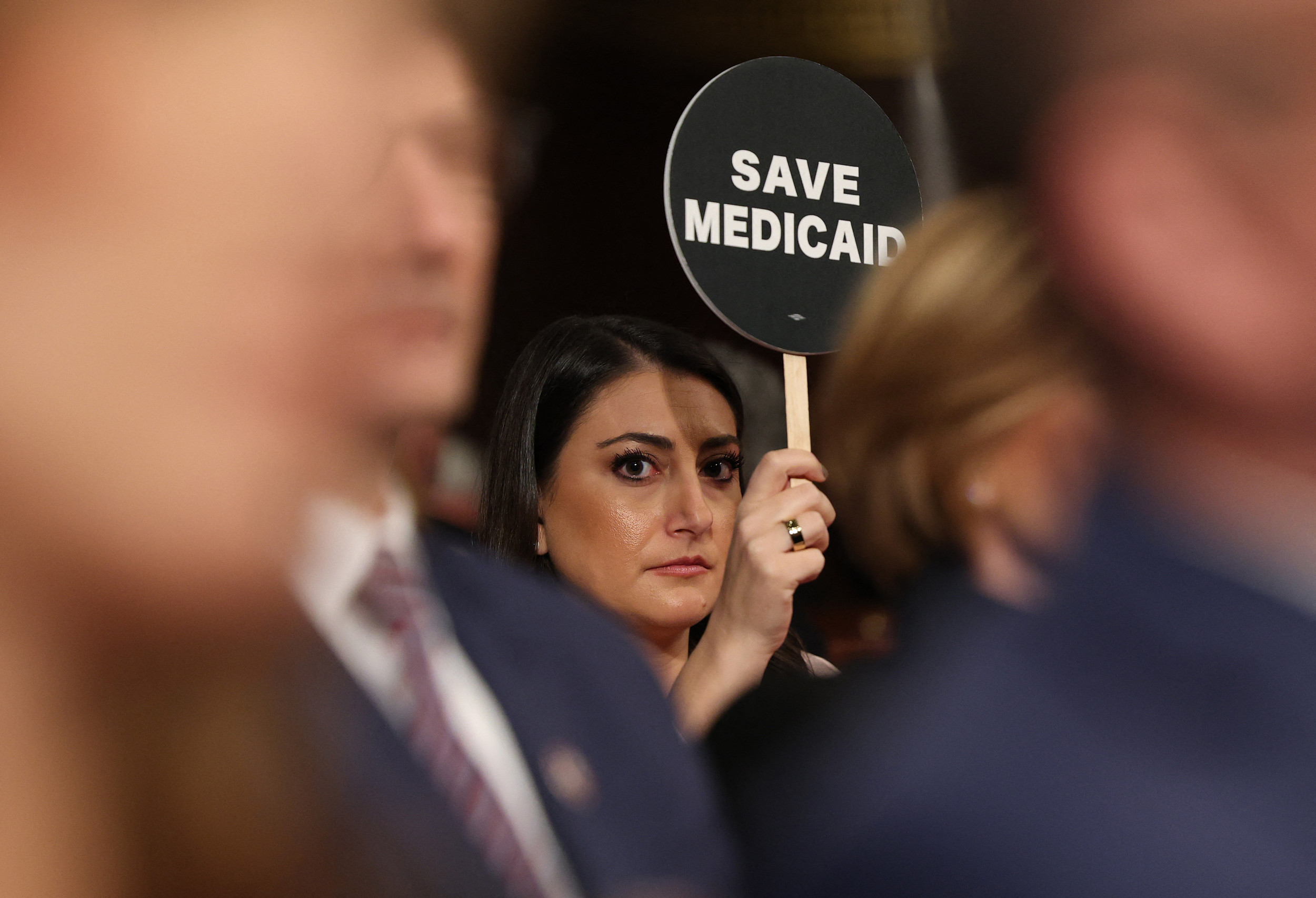Understanding Trump's Medicaid Non-Response: A Deep Dive into the Policy Vacuum
Donald Trump's presidency was marked by significant policy shifts, yet his administration's approach to Medicaid often felt characterized by inaction rather than decisive reform. This lack of a concrete response, rather than a proactive policy, created a complex and consequential situation for the program and its beneficiaries. This article delves into the reasons behind this apparent non-response, its implications, and the lasting impact on the American healthcare landscape.
The Silent Shift: Why Trump's Medicaid Approach Was Notably Passive
While campaigning, Trump promised to "repeal and replace" the Affordable Care Act (ACA), a law central to Medicaid expansion. However, despite Republican control of Congress during a significant portion of his term, a comprehensive replacement never materialized. This lack of a clear alternative left the program in a state of limbo. Several factors contributed to this passive approach:
Internal Republican Divisions:
- Conflicting Ideologies: Republicans themselves held differing views on the best path forward for Medicaid. Some advocated for block grants, others for per capita caps, and still others for more incremental reforms. This lack of internal consensus hindered any cohesive legislative effort.
- Failed Repeal Attempts: Multiple attempts to repeal the ACA, including the "American Health Care Act," failed due to internal party divisions and lack of public support. These failures further entrenched the existing system, despite the administration's stated intentions.
Political Calculations and Priorities:
- Focus on Tax Cuts: The Trump administration prioritized significant tax cuts, diverting attention and political capital away from healthcare reform. This strategic shift meant Medicaid reform fell lower on the political agenda.
- Fear of Public Backlash: The public remains largely supportive of Medicaid, and any perceived attempts to drastically curtail the program risked significant political fallout. This fear of public backlash contributed to the administration's hesitant approach.
The Consequences of Inaction: A Ripple Effect Across the Healthcare System
The lack of concrete action from the Trump administration regarding Medicaid resulted in several important consequences:
Continued Uncertainty for States:
- Planning Challenges: The absence of a clear federal direction created uncertainty for states regarding Medicaid funding and eligibility requirements. This uncertainty hampered states' ability to effectively plan and manage their Medicaid programs.
- Varied State Responses: Facing uncertainty, states responded in diverse ways, leading to inconsistencies in access to care and program benefits across the country.
Impact on Beneficiaries:
- Limited Access to Care: While Medicaid expansion under the ACA improved coverage, the lack of further reform potentially hampered access to care for millions of Americans, particularly in states that did not expand Medicaid.
- Financial Instability: Uncertainty surrounding Medicaid funding created financial instability for healthcare providers, impacting their ability to deliver care and potentially leading to facility closures in some areas.
The Lasting Legacy: Questions for the Future
Trump's non-response to Medicaid left a significant legacy of uncertainty and challenge. The Biden administration inherited a system grappling with pre-existing issues exacerbated by four years of inaction. Key questions remain:
- Addressing the Coverage Gap: Millions remain uninsured, particularly in states that haven't expanded Medicaid. How will future administrations address this coverage gap?
- Funding Sustainability: The long-term financial sustainability of Medicaid remains a pressing concern. What are the potential solutions for ensuring adequate funding for the program in the face of rising healthcare costs?
- Improving Program Efficiency: Can Medicaid be reformed to improve efficiency and reduce administrative burdens without compromising access to care?
The Trump administration's approach to Medicaid serves as a compelling case study in the complexities of healthcare policy. The consequences of inaction underscore the need for comprehensive and thoughtful reform, moving beyond simple slogans and towards evidence-based solutions. Understanding this policy vacuum is crucial for navigating the future of healthcare in the United States.
Keywords: Trump Medicaid, Medicaid Reform, Trump Healthcare Policy, ACA, Affordable Care Act, Healthcare Reform, Medicaid Expansion, Block Grants, Per Capita Caps, Healthcare Funding, American Healthcare, State Medicaid Programs.
